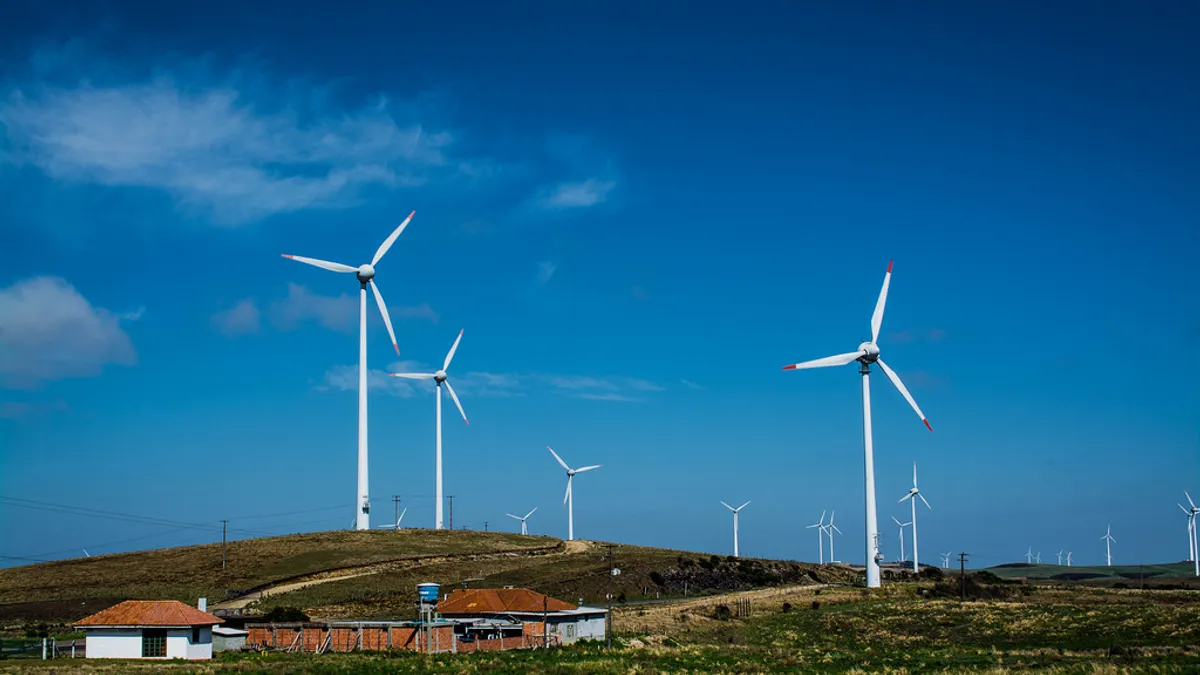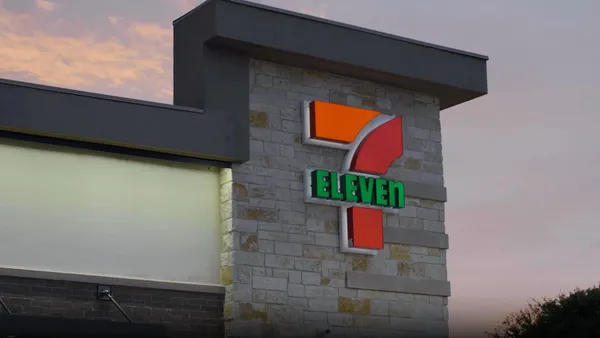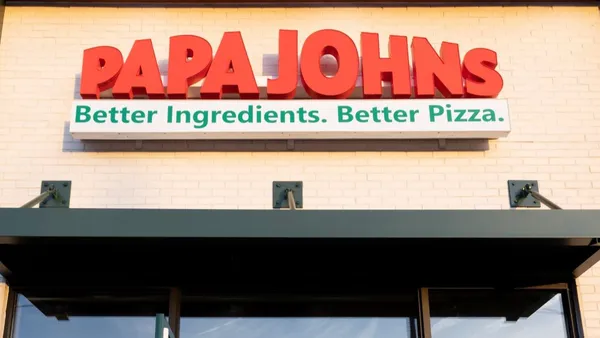Dive Brief:
- McDonald's signed two long-term, large-scale virtual power purchase agreements (VPPAs) providing investments toward the creation of a wind power project by Aviator Wind West, and a solar project, both to be located in Texas, that will provide power to U.S communities, according to a company statement.
- McDonald’s set a greenhouse gas emissions reduction target in March 2018 to reduce greenhouse gas emissions related to its restaurants and offices by 36% by 2030.
- The VPPAs will allow it to offset 700,000 metric tons of carbon emissions each year, roughly 2,500 restaurants worth of electricity, representing 16% progress towards its goal.
Dive Insight:
As consumers seek out products and brands that align with their own personal climate-related goals, a number of retailers are looking at ways to green up their companies. Globally, 81% of consumers believe that companies should help the environment, and many are shifting their buying habits toward companies working on various sustainability issues, reports Nielsen.
Investing in clean energy sources to power stores is a relatively unique tactic in tackling sustainability issues, but McDonald's isn't the only chain eyeing renewable energy. Starbucks, which is the top buyer of renewable energy among retailers, will power 3,000 locations with clean energy by 2021 in a partnership with LevelTenEnergy and invested $325 million in an Illinois wind farm to power 340 stores in the state, among many other renewable energy agreements.
McDonald's is also making investments and changes across the entire brand to create a greener image. Last year, it launched a flagship store in Chicago that has trees throughout the space, was built with environmentally friendly timber and has room for over 1,000 solar panels on its roof, according to Green Matters.
It also removed artificial ingredients from its hamburgers last year and is testing plastic-free toys in its Happy Meals in the United Kingdom. The company is hoping to switch to sourcing 100% of fiber-based packaging from certified or recycled sources by next year and is testing "Green Concept" stores in Canada that help the brand incubate new sustainability ideas. It's also working with other food retailers like Starbucks in the NextGen Consortium Cup Challenge to find an alternative solution for plastic to-go cups.













